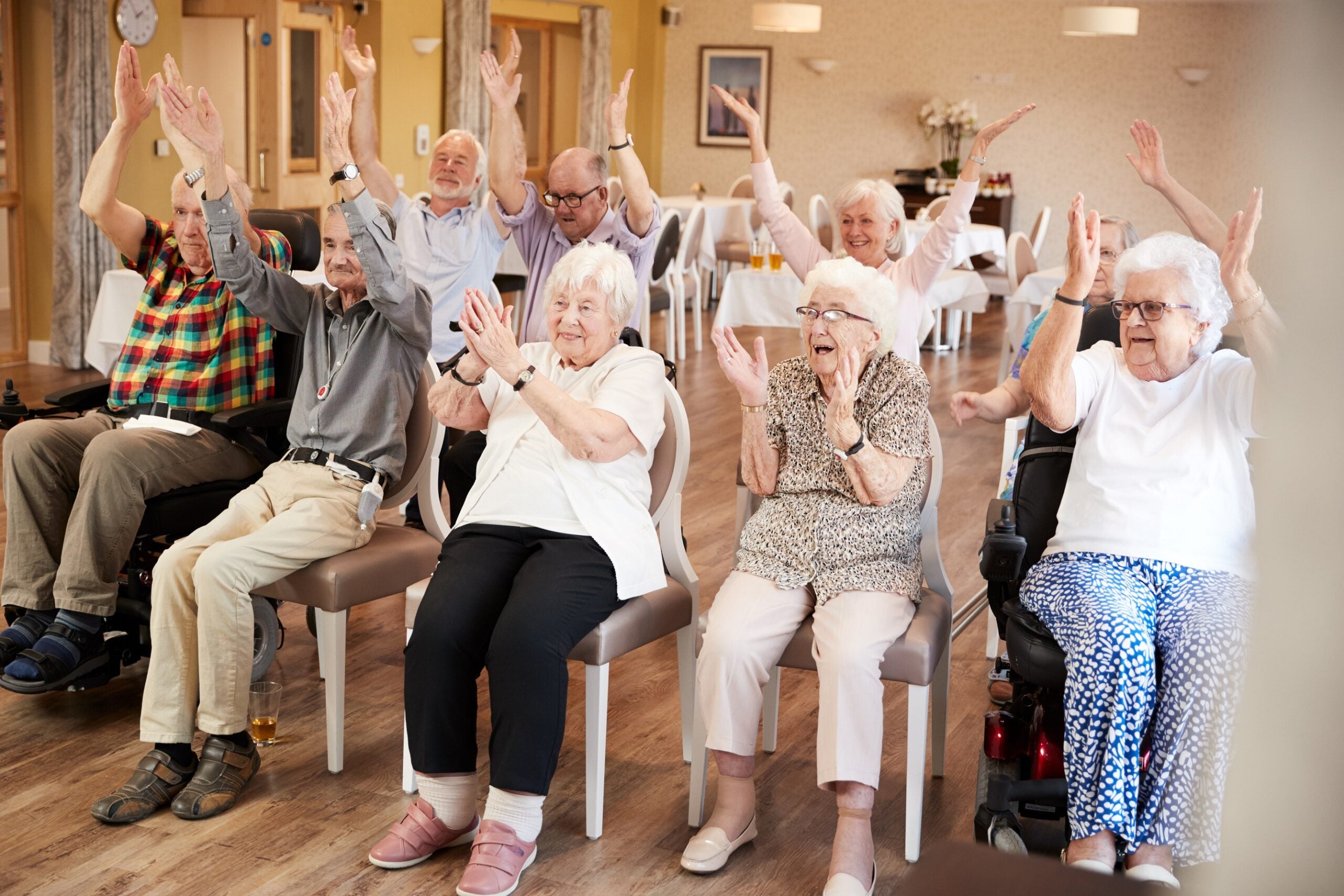
UK healthtech firm Feebris has been using AI to monitor care home residents through much of the Covid-19 pandemic, and is keen to “avoid the mistakes of the past” in doing so.
The company is working with healthcare innovation centre Care City to integrate its mobile platform into care home communities in East London, bringing the technology to nearly 1,000 residents.
Feebris’ platform enables carers to conduct health check-ups and means clinical teams can conduct remote reviews in these healthcare settings – where, during the early stages of the pandemic, the virus had a devastating impact in the UK.
It consists of a mobile application that guides the user through capturing certain measurements with medical sensors, such as a blood pressure and pulse oximeter, as well as readings with more specialist devices like digital stethoscopes if respiratory symptoms have already been detected.
The Feebris platform also includes a portal for doctors, giving GPs access to a risk-stratified list of their care home patients and a standardised clinical picture of each patient, saving them time in acquiring the information, and improving the specificity of clinical decision-making.
The company’s CEO and co-founder Dr Elina Naydenova said: “Our near-term objective is to change the standard of care for community-based triage.
“Our goal is to prove that – to really deliver the NHS’ aspirations regarding remote monitoring, and avoid the mistakes of the past – we need systems that harness AI to support decision-making for the community workforce and the remote clinical workforce.
“We are continuing to develop and validate AI-powered triage capabilities, including biomarker extraction and personalised baselining, and we’re also proving that Feebris is best-in-class for impact to patient, user and system.”
Problems with monitoring care home residents
According to Feebris, it has always been a struggle getting elderly residents in care homes the healthcare they need at the time they need it – and this was felt more than ever when Covid-19 first hit UK care homes in the spring of 2020.
Delayed diagnosis can be both life-threatening and life-changing for vulnerable elderly patients with co-morbidities.
Even prior to the pandemic, it was estimated that 24% of emergency department admissions could be avoided through effective community care and case management solutions – with more than half of these cases relating to respiratory conditions.
Telemedicine – which has also been increasingly deployed this year due to coronavirus-related lockdowns and restrictions – could hold the potential to bridge the gap between clinicians and vulnerable communities by helping doctors observe to their patients remotely.
And, while it can be challenging for doctors to make diagnostic decisions based on phone or video calls, telemonitoring tools like point-of-care medical sensors may make it possible for more complex health measurements to be taken in care homes.
According to Feebris, studies have shown that proactive telemonitoring could decrease yearly hospitalisations and emergency department usage, saving the NHS as much as £2.5bn ($3.4bn) annually in the process.
However, the “biggest barrier” to implementing these types of models are the associated costs and, often, impossibility of staffing elderly communities with nurses who have been historically responsible for conducting monitoring activities.
A closer look at the impact Feebris is having
Within a few months of Feebris’ AI-driven technology being deployed in multiple UK care homes, the project saw these centres transition from having no formal process for gathering health information to conducting virtual weekly ward rounds, supported by clinical measurements.
As well as capturing monthly baselines that drive proactive and personal assessment of elderly patients, carers involved have become part of a multidisciplinary team, including care home staff and GPs, helping to bridge old divides between social work and healthcare, and “driving the evolution of a truly integrated care pathway”, according to Feebris.
Residents and their families who have experienced the company’s platform firsthand have also reported feeling “more reassured” that they and their carers have detailed healthcare information at their fingertips, and can share this easily with their GP.
On top of this, carers involved in the project have said they believe their skills and confidence have improved – with 86% reporting more informative and productive interactions with GPs, and indicating they have a better understanding of a resident’s overall health, and 57% reporting increased confidence in conducting health check-ups.
Similarly, GPs reported improvements in efficiency and accuracy, with 100% of active users reporting improvements in quality and efficiency of care, 71% reporting improvements in flexible working allocation of resources, and 57% reporting an improvement in the quality of care-home information sharing.
CEO and co-founder Dr Naydenova stated that, while conversations about Feebris’ continuity plans and potential future expansions are “positive”, it is currently unable to share any further information on the subject.



